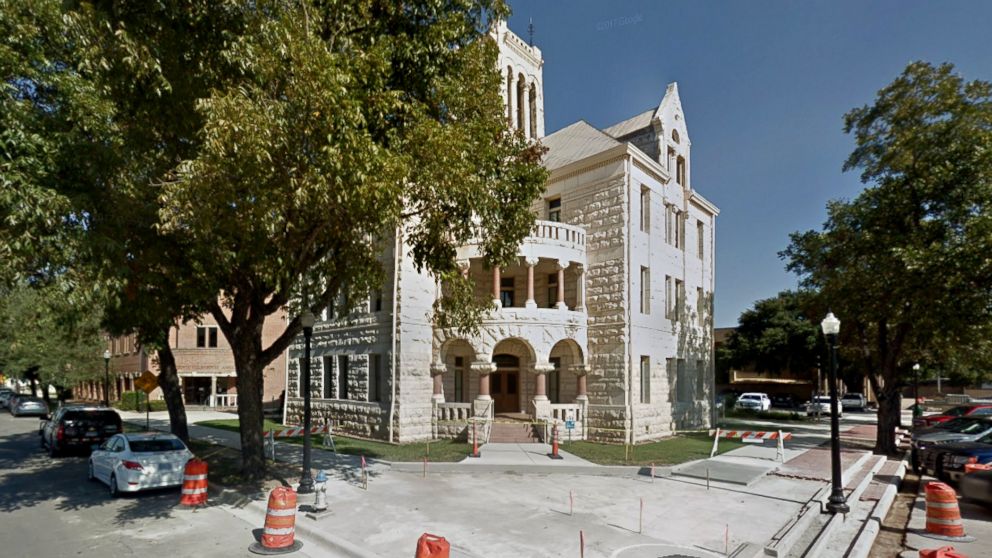Texas judge reprimanded after telling jury that God told him sex trafficking suspect was innocent
Judge Jack Robison asked the jury to keep deliberating after they had a verdict.
A Texas judge, who reported himself to the state judicial oversight committee after he gave a jury advice he claimed he received from God, has been issued a public warning.
On Jan. 12, 2018, when Comal County Judge Jack Robison learned that a jury had reached a guilty verdict for a woman on trial for sex trafficking, he asked them to keep deliberating, saying God told him she was innocent, according to a disciplinary report by the Texas Commission on Judicial Conduct. Gloria Romero Perez had been charged with continuous sex trafficking and the sale or purchase of a child, according to the report.
The outburst began after Robison went into the jury room after he was informed that the jury reached a verdict and told them he believed Perez was not guilty "and that her conviction would be a miscarriage of justice," the document states.
"The Judge indicated to the jury that God told him Defendant was innocent, and urged them to reconsider their verdict," the report states. Robison also asked the jurors to "deliberate 10 to 15 minutes more...to make certain they were not making a mistake," according to the report.

The judge later apologized to the jury and said something to the effect of, "When God tells me I gotta do something, I gotta do it," according to the document.
The jury found Perez guilty on a single charge of sex trafficking and sentenced her to 25 years in prison, the report states. Robison recused himself from the sentencing portion of the case at the request of the prosecution.
Perez's case and conviction was later declared a mistrial in October 2018 after a judge found that Robison's rulings were not in accordance with the law, the Houston Chronicle reported. Perez is still awaiting a retrial, according to the local newspaper.
Six days after telling jurors what he said God told him, Robison reported himself to the commission over his statements to the jury, but also stated that he believed the prosecution failed to present sufficient evidence to support a guilty verdict.
In his self-report, Robison indicated that he "immediately" realized his conduct was improper and at the time he was "under extreme personal stressors" and undergoing treatment for a severe medical condition, as well as dealing with the death of a close friend just before the trial began, the document states.
He provided the commission with letters from two medical professionals who examined him at his request, who concluded that while Robison is not currently suffering from a mental illness, the "most plausible explanation" is that he was experiencing "delirium" as a result of personal stressors, his medical condition and the drugs he was taking at the time to treat the condition, according to the disciplinary report.
Robison had received 18 complaints about his conduct during the trial, with some of the complainants being the Comal County District Attorney's Office, two jurors and several citizens who learned of his conduct through media reports, according to the disciplinary document.
On Feb. 6, Robison appeared before the commission, testifying that he has not experienced a recurrence of delirium since, the report states. After a deliberation, the commission concluded that Robison engaged in "improper" communications with the jury and engaged in conduct that cast public discredit upon the administration of justice.
"Judge Robison readily acknowledged his conduct with respect to the jury was improper, and asserted his actions were entirely out of character for him and an aberration in his long judicial career," the report states.
The commission issued a public warning to Robison with the intent of assisting him "in his continued judicial service" and in an effort to "protect public confidence in the judicial system," according to the report.
Robison did not immediately return ABC News' request for comment.



